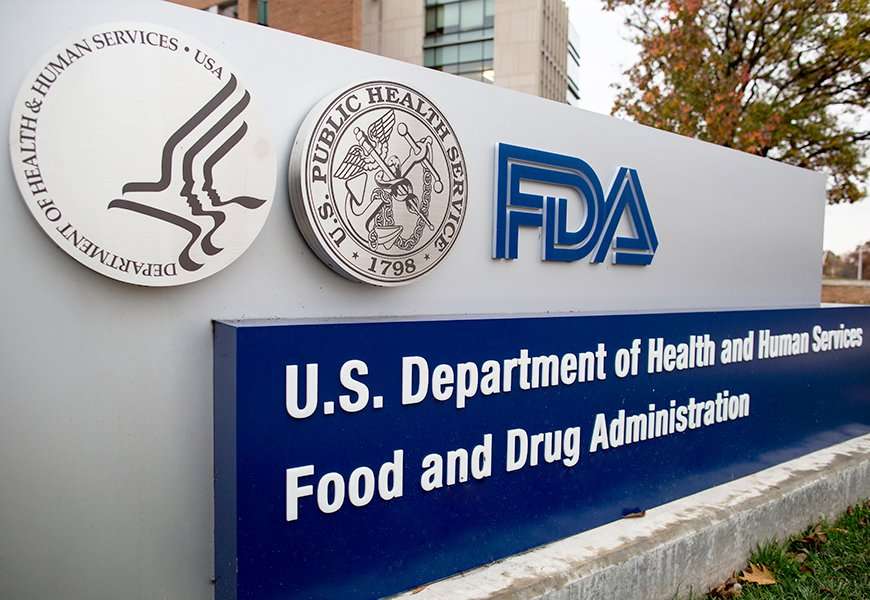For First Time, a Fatal Enzyme Deficiency is Treated in the Womb to Save a Child
16-month-old Ayla inherited Pompe disease from her family genetics, but her life was saved when doctors administered drugs to her in utero

For years scientists have been demonstrating the therapeutic potential of gut microbiota transplants in mice for a variety of medical conditions; now the FDA has approved this procedure for the first time to treat a murderous bacterial infection.
The exact method may make someone squeamish, as its technical term is a "fecal matter transplant," which is exactly the method approved for use.
We now know for certain that one of the most important markers for overall wellness is the size and species diversity of the bacterial community in our intestines, stomach, and colon. Its influence goes way beyond anything related to digestion, and affects the immune system, cognition, hormonal regulation, athletic performance, and more.
Fecal matter transplants have been shown in some cases in humans to reduce symptoms of irritable bowel syndrome, and in mice to counteract pulmonary hypertension, reduce symptoms of multiple sclerosis, and even to reduce biological age clocks.
However Switzerland-based Ferring Pharmaceuticals' procedure is meant to treat Clostridium difficile, or C. difficile, a superbug responsible for 15,000 – 30,000 deaths every year in the US.
It works through an enema that uses a distillation of microbes from the stool sample donation of an individual with a healthy, robust gut microbiota which can clear the dangerous infection. It has been the standard of care in the US under an investigational license.
The FDA approval panel convened in September and most regulators on the panel sought standardization of the treatment, which would pave the way to its application for more diseases and infections.
SHARE This Important Medical Milestone With Your Friends…
Be the first to comment